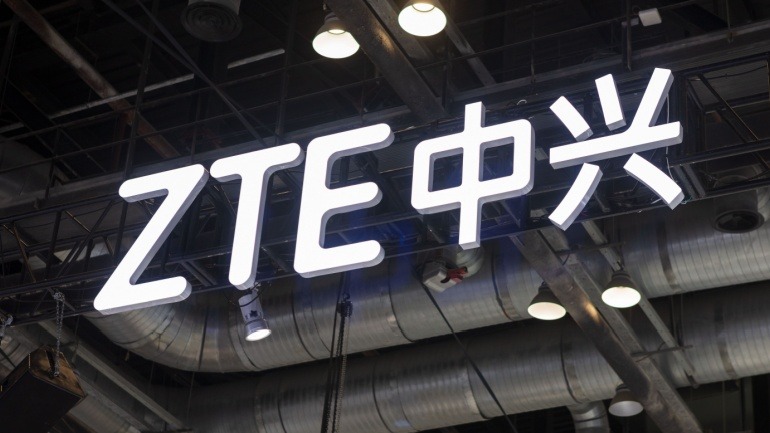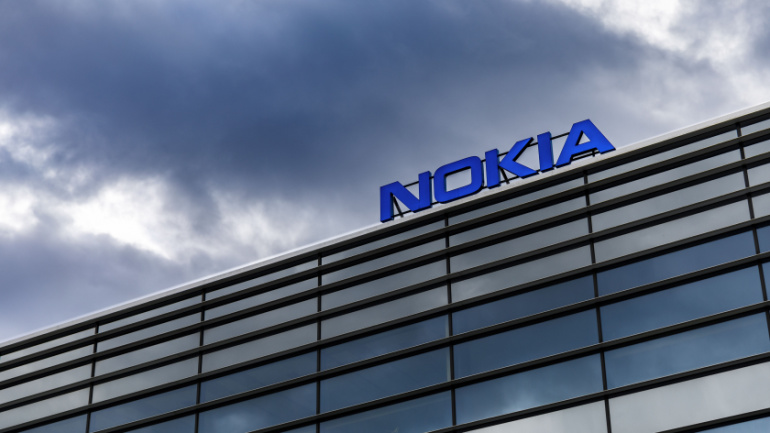Broadcom’s new Tomahawk 6 Ethernet switch delivers 102.4 terabits per second capacity, doubling current bandwidth standards. Designed for AI-driven networks, it offers energy efficiency, dynamic routing, and open standards, aiming to revolutionize data infrastructure while challenging proprietary systems.
The UAE-based telecoms giant, e& UAE, has shattered records by achieving a staggering 62 Gbps speed on their cutting-edge 5G-Advanced network. By amalgamating high and low-band frequencies, leveraging MU-MIMO technology, and collaborating with Ericsson, they enhance download speeds.
Nokia, Windstream, and Colt have successfully completed an 800 Gigabit Ethernet (800GbE) transatlantic trial, spanning 8,500 km between London and Chicago. Using cutting-edge technologies, this achievement doubles network capacity, enabling faster, low-latency connections crucial for AI, financial transactions, and cloud systems.
At the recent United Nations Summit of the Future 2024, ZTE showcased initiatives to bridge the digital divide in remote regions using advanced digital technologies. Highlights included a 5G base station at Kekexili for real-time monitoring of endangered species and various 5G projects supporting environmental conservation.
Viavi Solutions has unveiled the ONE-1600, designed to support the emerging 1.6 terabit per second ecosystem. Leveraging 224G SERDES technology, this latest addition to the ONE LabPro platform addresses the growing bandwidth demands driven by AI, machine learning, and high-performance computing.
EPB, the city-owned broadband provider, has launched a new 2.5-gig residential internet service, expanding its symmetrical speed offerings on the fiber optic network. Priced at $97.99 per month, the 2.5-gig service comes with the installation of EPB’s Wi-Fi 6e router and is available across the service area. VP Katie Espeseth emphasized EPB’s commitment to diversifying network options, with an eye on providing service up to 25-gig.
The future of the intelligent world is orbiting around the power of 10Gbps bandwidth, forming the vital backbone of digital advancement. As the tech world continues to evolve, the network upgrades, too, strive to match pace, evident in the successful transition from gigabit to more powerful 10Gbps optical networks, or F5.5G. Huawei stands at the helm of this transition, providing comprehensive solutions for operators. With new-age high-speed, low latency connections, and a focus on enhanced user experiences, the stage is being set for the world’s leap into the F5.5G era.
Ribbon Communications Inc., a renowned global provider of real-time communications technology and IP optical networking solutions, has announced the expansion of its long-standing partnership with Bandwidth, a leading enterprise cloud communications company.
Nokia breaks 5G speed records at Finland’s OuluZone facility, demonstrating mmWave technology’s potential to overcome traditional limitations. Impressive 2.1 Gbps FWA downlink speeds achieved may soon enable operators to deliver widespread, multi-gigabit broadband coverage.
China Unicom Chongqing and Huawei’s revolutionary Alps-WDM+OSU trial commercial use promises enhanced network capabilities and user experience. The technology offers increased bandwidth, reduced latency, optimized operations, and green development, paving the way for future all-optical transport networks.













